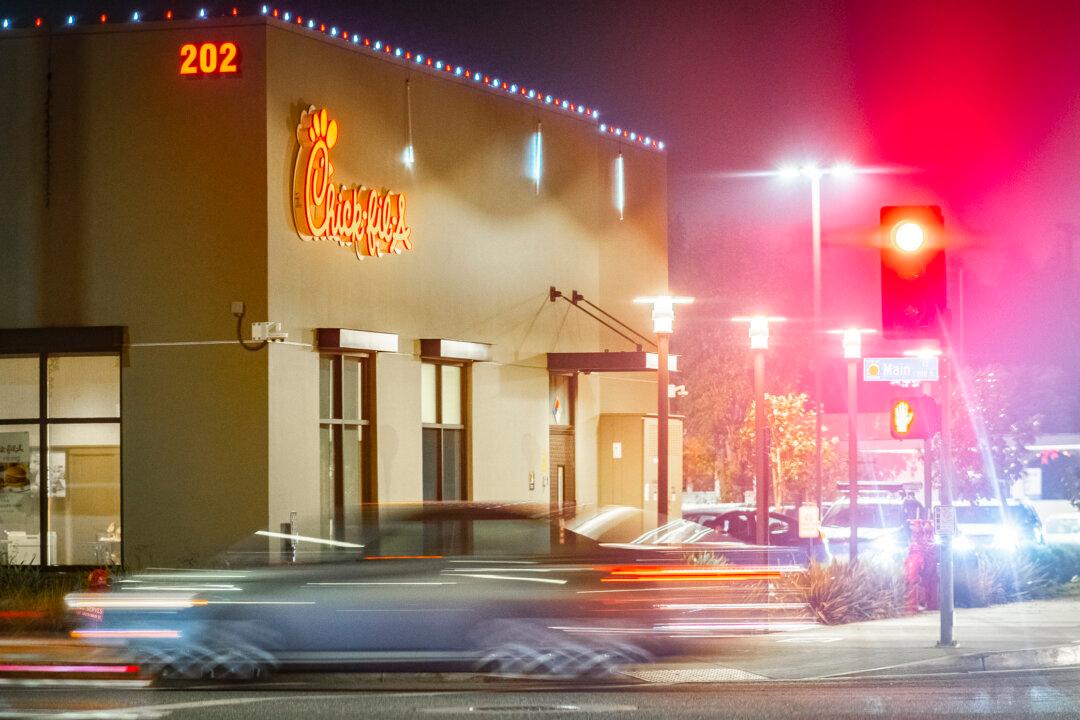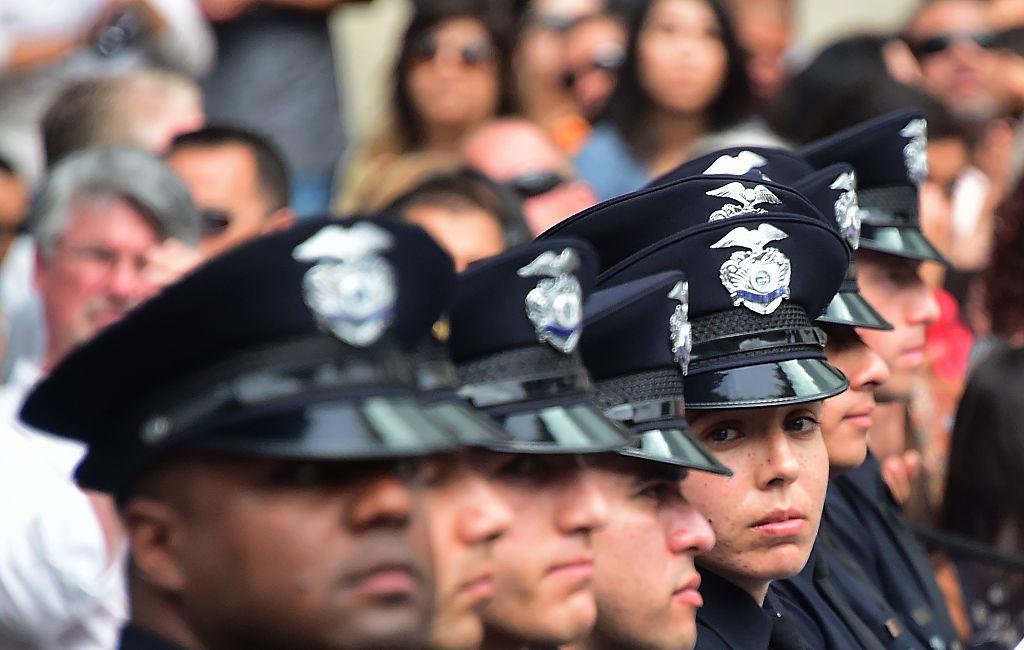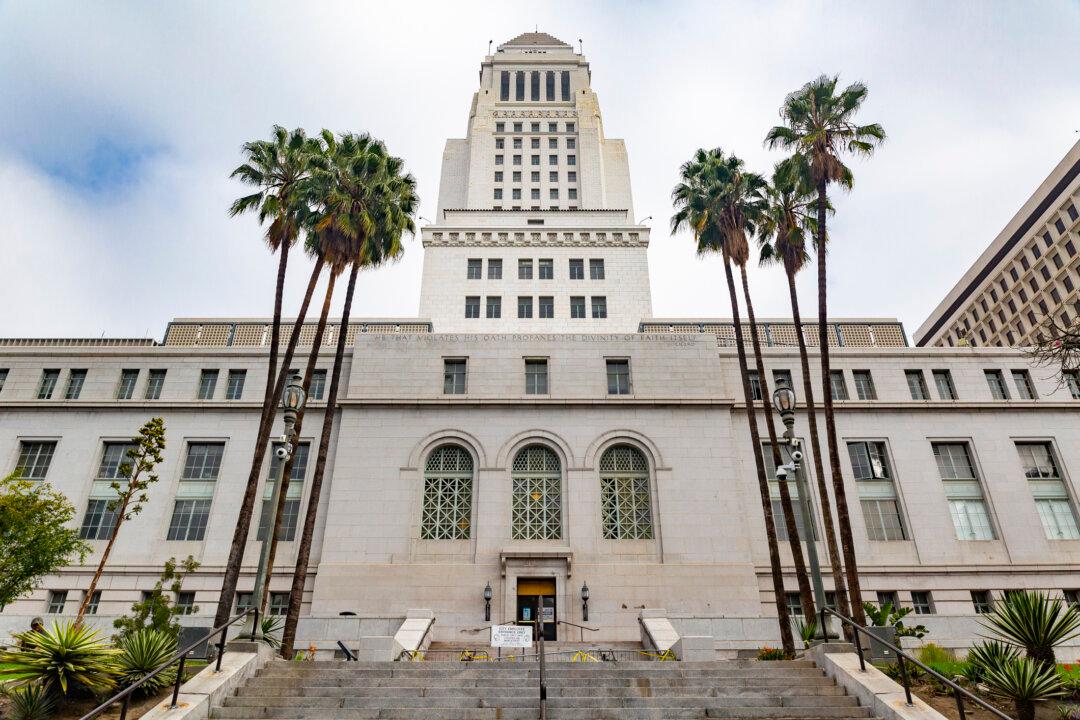SACRAMENTO—More than 500,000 of California’s fast-food workers could soon be eligible to negotiate their working conditions and wages after a first-of-its-kind union-backed bill passed a major hurdle this week.
Assembly Bill 257, or the FAST Food Recovery Act, passed in the state assembly in a 41–19 vote on Jan. 31 despite heavy opposition from several business advocacy groups and Assembly Republicans.





